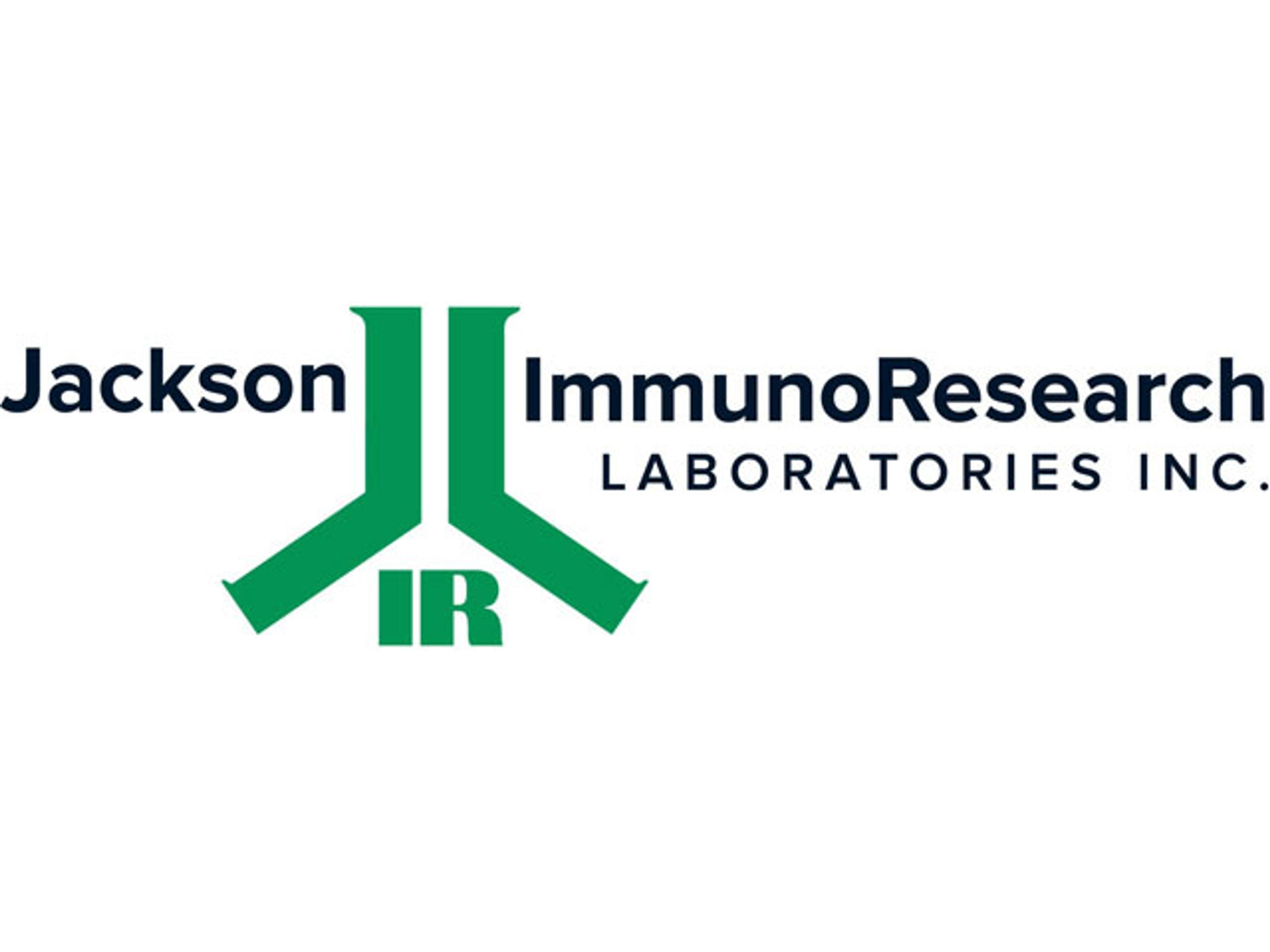JIR Secondary Antibodies for the Investigation of Bio-Nanotechnology in Healthcare Delivery
The importance of good secondary antibodies in understanding the effects of drug delivery vehicles
21 Aug 2018


Dr. Zoraida Aguilar, founder and Chief Technology Officer at Zystein, uses JIR secondary antibodies in her work investigating the development of biodegradable and biocompatible nanoparticles for life science and healthcare applications.
SS: Briefly introduce yourself and your place of work
ZA: I am the founder and Chief Technology Officer of Zystein, a bio-nanotechnology company located in Fayetteville, Arkansas. I have a Ph.D. in Analytical Chemistry and a Master of Science in Biochemistry. My training is focused on nanotechnology for medical and life sciences applications, bioanalytical chemistry, and biosensors. So far, during my career, I have more than 100 peer-reviewed publications, a book on “Nanomaterials for Medical Applications”, a number of patents and I’ve given more than 100 presentations worldwide.
SS: Please summarise your research on nanoparticles. Why is this research important in drug development and health care?
ZA: Nanotechnology has been a fascinating area of study for me since 1999 when I was pursuing my Ph.D. One of the areas for research and development was targeted drug delivery. This was particularly focused on chemotherapy because the conventional treatment was systemic in nature and kills even healthy cells as well as cancer cells. With a targeted nanoparticle drug delivery system, the systemic nature of conventional chemotherapies would be eliminated, and the drugs will only be delivered where the cancer cells are located, so that the healthy cells would not be affected by the drugs.
To exploit the special properties that arise due to the nanoscale dimensions of materials, the size, shape, and composition of the nanoparticles (NPs) must be controlled so that these could be used for various applications in drug development and delivery, medical devices, implantable devices, imaging technologies such as MRI, biosensors and other diagnostic and clinical monitoring tools (EKG and EEG testing tools).
Healthcare using all-natural materials coupled with nanotechnology are my current areas of interest because of the possible impacts of nanotechnology on people’s health. Many of the nutrients and nutraceuticals found in the food we eat have poor water solubility and low stability. By encapsulation in nanoparticles, the bioavailability of actives is improved and their stability against heat, air, and light degradation is also improved. In the preliminary studies for this work, Jackson ImmunoResearch secondary antibodies were used to detect different biomarkers and the bioavailability of those markers in the blood and serum of patients. Bioavailability of the nanoparticle-encapsulated actives seems to result from direct uptake of the nanoparticles which is a function of their size and surface chemistry. The direct uptake of nanoparticle-encapsulated actives that are unstable and/or poorly soluble actives is among the areas of great interest in healthcare and life sciences.
SS: How was your experience using Jackson ImmunoResearch secondary antibodies? What do you like about them?
ZA: Jackson ImmunoResearch is always one of our first choices for secondary antibodies. Most of the diagnostic sensors and biological sensors that I have developed over the years involved antibodies from Jackson ImmunoResearch. Their secondary antibodies have been very reliable in exhibiting low background signals, high intensity signals even at low concentrations, high stability, and high reproducibility of results. These antibodies are easy to work with, they’re available pre-labeled and they’re largely inexpensive.
SS:Tell us about another project in which you used Jackson ImmunoResearch secondary antibodies
ZA: We have used secondary antibodies labeled with alkaline phosphatase for detecting Plasmodium falciparum, a parasite that causes malaria in humans, and we’ve also used secondaries labeled with quantum dot during our work to develop a dual detection method for the detection of circulating tumor cells (CTCs) — a potential non-invasive diagnostic procedure for the detection of early stage ovarian cancer.
SS: Looking ahead, what is the future of your research into nanoparticles and nanotechnology, and where do you see us in 20 years’ time?
ZA: At Zystein, the focus of my research is on the development of various life sciences applications for biodegradable and biocompatible nanoparticles (BD/BC NPs). Our main focus is the use of BD/BC NPs for delivery of active ingredients in skin care, health care, pet care, home care, and agriculture. By replacing synthetic actives with natural actives such as essential oils and plant extracts, that are encapsulated with NPs, the potential disadvantageous impacts of synthetic actives — that includes environmental accumulation that could potentially lead to antibiotic resistance, mutations in organisms, and harmful effects to animals and humans — may be minimized in the next few years. I foresee that the careful use of BD/BC NPs would have a positive impact in the life sciences especially in healthcare, skin care, home care, and in the environment as well. In 20 years’ time frame, a bigger segment of the global population will have learned of the alternatives to synthetics and would then care to cater for biodegradable biocompatible products, to protect not only the human beings who use them, but the environment and its flora and fauna as well.
Do you use Jackson ImmunoResearch Whole IgG Affinity-Purified Secondary Antibodies in your research? Write a review today for your chance to win a $400 Amazon voucher.

